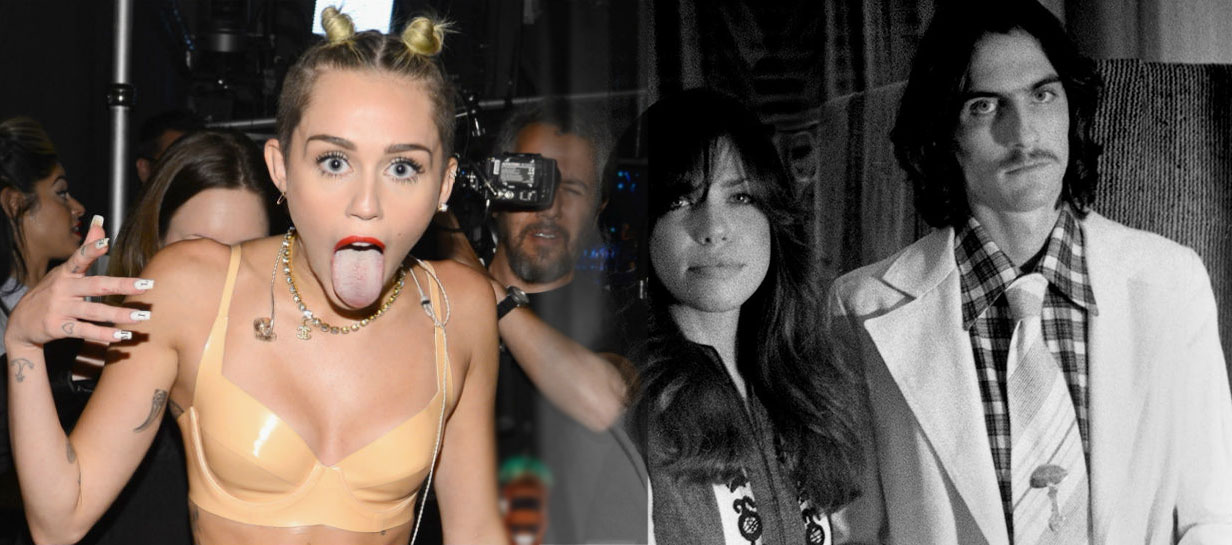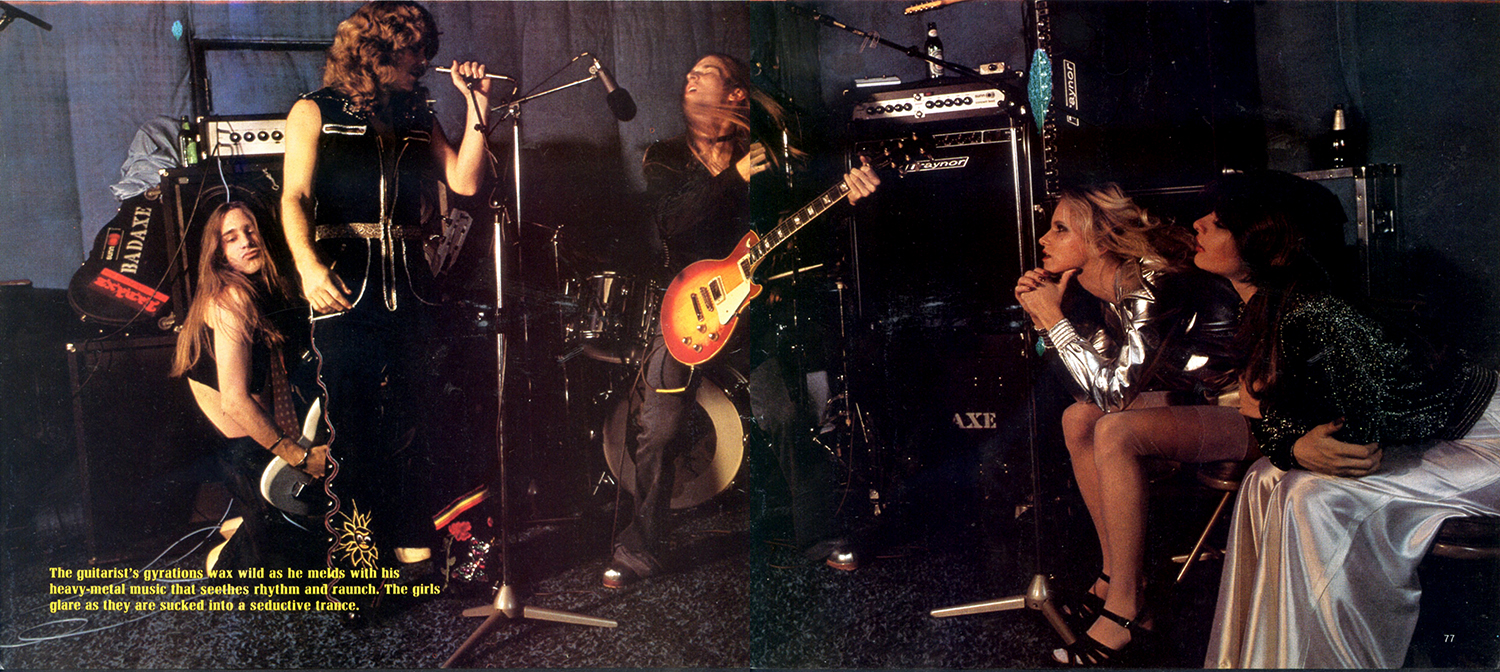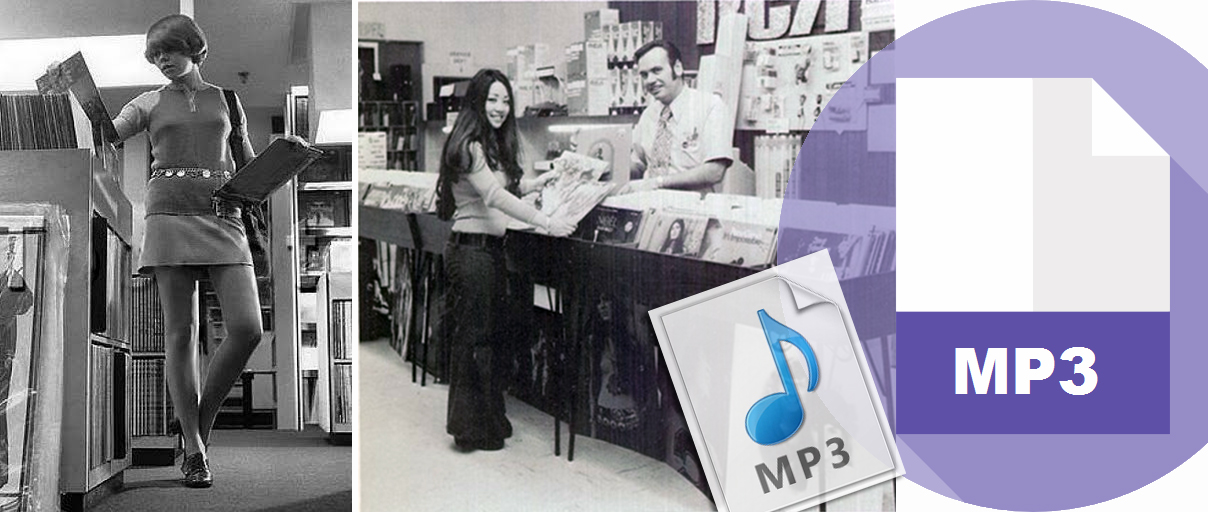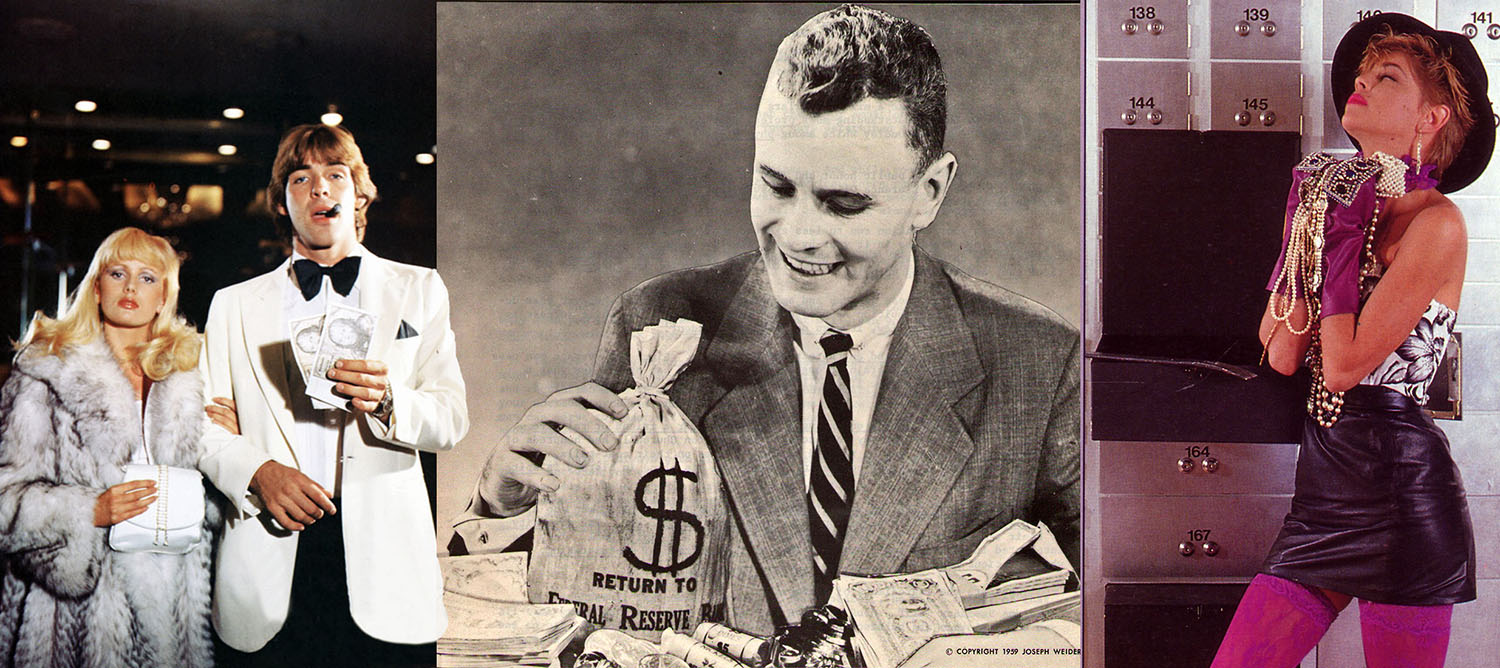
Turn on the radio: Listen close and you might hear the death-rattle of popular music in the form of auto-tuned melisma comprising your top forty… but more than likely you’re actually listening to music composed several decades ago. Indeed, classic rock and other throw-back stations dominate the dial. Top selling concerts also feature bands that “retired” before millennials were even born.
The highest grossing concerts of 2016 includes: Barry Manilow, Bruce Springsteen, The Rolling Stones, and Madonna. The only musicians to crack the top ten which are vaguely contemporary are Beyoncé and Coldplay.
And there’s good reason – contemporary hits just don’t have the same mojo as music from the 1950s, 60s, 70s and 80s. The death knell may have sounded with Kurt Cobain’s chords in the early 1990s. There was nowhere left to go but down.

Granted, writers have been claiming the end is nigh for pop music for a long time, and yet it lingers. Another caveat – there is still great music being composed today. (I encourage you to read that sentence again before you start citing examples of contemporary music that somehow manages to still be good.) And there was certainly more than enough bad music in the 70s – it wasn’t all Led Zep and Bob Marley (lest we forget the Bay City Rollers and Debbie Boone).
But an undeniable fact remains, popular music has been on the downward spiral for some time now. The question isn’t whether it’s circling the drain, but why it is. There are a multitude of reasons; let’s look at just a few:

A primary reason may simply be we have begun to run out of unique melodies. There are only a finite number of chords progressions and even smaller set of ones which sound pleasing to the ear. George Martin once said that, not only must the melody be pleasing, but it also must have an element of surprise – an unexpected uniqueness.
A great video which highlights this redundancy we are running into is Axis of Awesome’s “4 Chord Song”. The same basic chords are used over and over again in popular music – we’ve heard them a million times; perhaps, the well was not as deep as we thought, and it’s currently running dry.
As further proof, just think of the explosion of creativity that occurred once the pop and rock formats had taken root: psychedelic music, prog rock, heavy metal, singer-songwriter, soul, punk,… all came out of the ether and landed on vinyl within just a relatively short time frame. Led Zeppelin, The Beatles, James Taylor, The Temptations, The Supremes, Black Sabbath, Frank Zappa, David Bowie…. all around the same time. And now take a look around at the pop music landscape… is even remotely comparable?

An additional factor may be the format. We have reduced the art form to just downloadable, streamable 0’s and 1s. Where once there was a tangible object to keep and collect – now we have essentially nothing but a button on a screen. Clearly this isn’t the root cause for popular music’s downfall, but the transition from glorious vinyl to a format that is less tangible than air surely has had a negative impact. Records have made a modest comeback, but it’s still nowhere approaching the primarily medium for music.

The “industrialization” of music is perhaps the most cited reason for music’s path to failure. Once record companies merged, and were subsequently acquired by other companies who, again merged, we ended up with a rather woeful selection of music cproviders. The same phenomenon can be seen in Hollywood; the loss of the smaller production companies in favor of ka-trillion dollar studios has led to a similar lack of originality, lack of creativity, and just plain lack of everything except budget. So, let’s assume an artist is actually talented and comes equipped with some original content; the “record company” behemoths will never allow anything risky, anything slightly out of the mainstream, to see the light of day. Indeed, so many of the musicians we love from yesteryear would have never been given a chance today.
And last but not least, we probably should place some of the blame on the audience – the consumer. Would today’s youth even have a taste for something like Jethro Tull, The Mothers of Invention, King Crimson, or James Taylor?
Before I really start to sound like a grumpy old man, I’ll stop stop here and let you mull that one over.
Would you like to support Flashbak?
Please consider making a donation to our site. We don't want to rely on ads to bring you the best of visual culture. You can also support us by signing up to our Mailing List. And you can also follow us on Facebook, Instagram and Twitter. For great art and culture delivered to your door, visit our shop.










